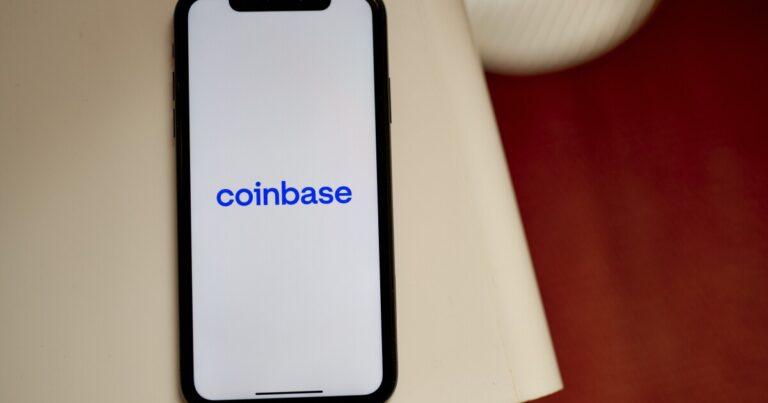The U.S. Supreme Court refused to question an Internal Revenue Service summons that forced Coinbase Global Inc. to turn over transaction information for more than 14,000 cryptocurrency customers.
The justices without explanation rejected an appeal from an account holder who said the IRS violated his rights under the Constitution’s Fourth Amendment.
Privacy advocates had hoped the case would put new limits on government searches in the digital age. Coinbase account holder James Harper asked the Supreme Court to revisit a 1976 ruling that said customers don’t have privacy rights in records held by their banks.
A federal appeals court upheld the IRS summons, which came as part of an investigation into what the government says is widespread underreporting of capital gains on cryptocurrencies.
“The lower court’s ruling will effectively strip millions of Americans of meaningful privacy protections over their most sensitive financial data — simply because they use modern financial service providers,” Harper argued.
Coinbase, the biggest U.S. crypto exchange, joined Harper in asking the high court to take up the case. The company said it resisted the IRS summons as long as it could without risking being held in contempt.
President Donald Trump’s administration urged the Supreme Court to reject the appeal, saying Harper “lacks any reasonable expectation of privacy in Coinbase’s records about his account.”
Though Trump in his current White House term has fashioned himself as a friend of the crypto industry and a skeptic of IRS power, both his current and previous administrations have backed the long-running IRS investigation.
The probe began during Barack Obama’s presidency in 2016, when the IRS sought personal and financial information on 500,000 Coinbase customers over a three-year period. After a year of legal wrangling, Coinbase turned over a subset of that information, including Harper’s data.
The IRS sent Harper a letter in 2019 telling him he “may not have properly reported” virtual currency transactions. Harper, who says he paid all the taxes he owed, then sued the IRS, contending the agency had illegally obtained his financial information.
The 1976 Supreme Court ruling said the Constitution’s Fourth Amendment, which guards against unreasonable searches and seizures, doesn’t apply to records that are held by a “third party,” like a bank. The court extended that principle to telephone records in 1979, saying people can’t expect privacy regarding the numbers they call.
The Supreme Court in 2018 carved out what it said was a “narrow” exception to the third-party doctrine, ruling that the Fourth Amendment covers mobile-phone tower records that show someone’s location over an extended period. The court said law enforcement officers generally need a warrant to get that data.
Some conservative justices have criticized the third-party rule, saying the court should focus instead on whose property the disputed data is. “The fact that a third party has access to or possession of your papers and effects does not necessarily eliminate your interest in them,” Justice Neil Gorsuch wrote in a separate opinion in the 2018 case.
The case is Harper v. Faulkender, 24-922.


